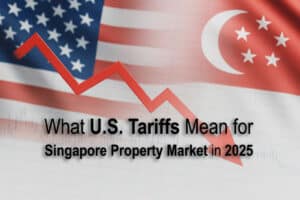A rare glimpse into how Singapore’s ultra-rich live, socialise and safeguard their legacies.
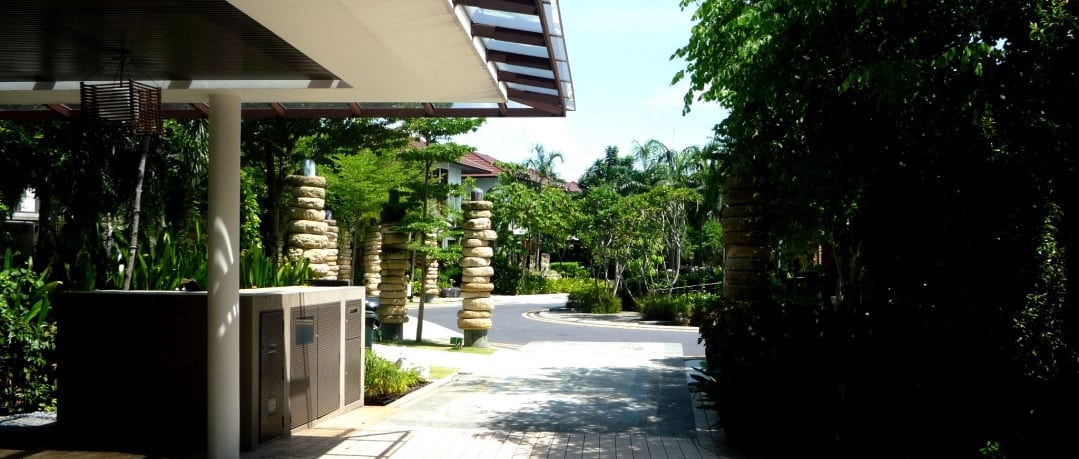
Landed homes in Sentosa Cove. Photo: Khalil Adis.
They say money talks, but wealth whispers.
Having had the privilege of meeting, interviewing and working with affluent families— first as a property editor, then as a personal assistant and now as a realtor — I can confidently say this holds.
An exclusive world few get to see
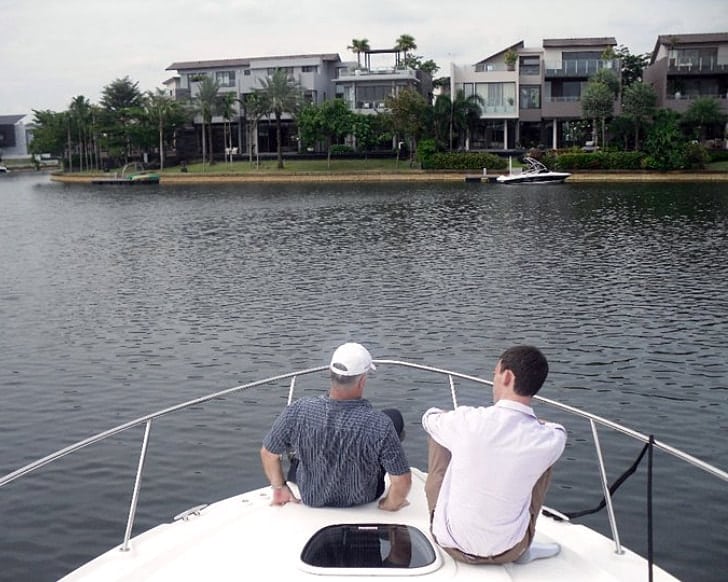
A glimpse onboard a private yacht event at Sentosa Cove. Photo: Khalil Adis.
My first introduction to this discreet world began in 2008 as an editor at Property Report.
Covering luxury homes meant invitations to glimpse the lives of the ultra-wealthy came either through the media or by word-of-mouth.
That year was pivotal for Singapore’s real estate market.
As the nation prepared to host its first-ever Singapore Grand Prix, the rapid rise of private banking signalled the city-state’s growing prominence as a global wealth hub.
Within this elite circle, homes are hidden in lush Good Class Bungalow enclaves, exclusive Sentosa Cove estates or discreet addresses near Orchard Road.
Every detail of their lifestyle reflects an unspoken code of quiet luxury — fresh, impeccably prepared meals, a curated social circle and private gatherings attended by ambassadors and industry titans.
These events sometimes occur aboard yachts in Sentosa Cove or hushed corners of the Four Seasons Hotel — far from prying eyes, yet surrounded by power and influence.
Welcome to a world where discretion, legacy and quiet luxury blend seamlessly.
However, access to this realm is granted only to those who embody three coveted traits: trust, loyalty, and authenticity.
What is quiet luxury?
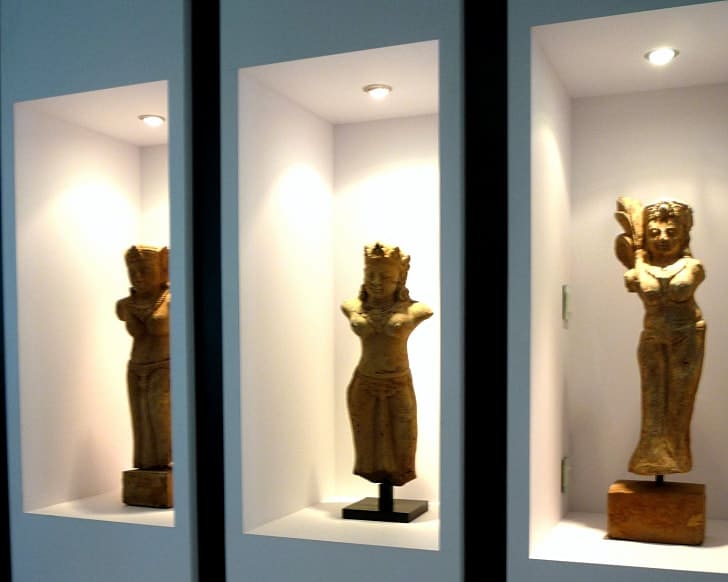
A private art collection. Photo: Khalil Adis.
In the past, wealth was often equated with grand displays of opulence.
Today, the ultra-rich define luxury through understated elegance, exclusivity and legacy building.
Quiet luxury is subtle yet unmistakable — an unspoken language that only those in the know can truly recognise.
Forget flashy sports cars and logo-covered designer goods.
Instead, wealth manifests in the finer, more discreet details.
At home, heirlooms and commissioned artworks adorn the walls — each piece telling a story of family heritage and quiet contributions to Singapore’s growth.
In person, their presence is marked by a soft-spoken confidence.
Their attire?
Exquisite yet unbranded — crafted by bespoke designers, often family friends, whose names you wouldn’t find in mainstream fashion magazines.
The importance of discretion
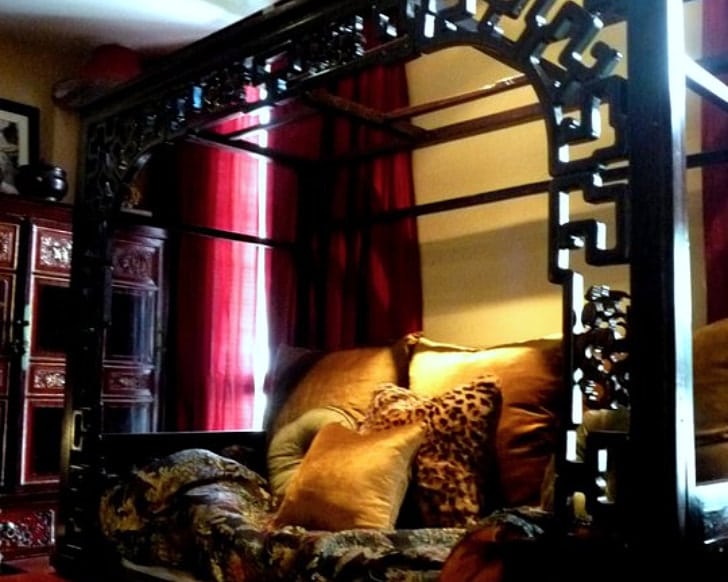
Antique furniture collection. Photo: Khalil Adis.
One of the ultra-wealthy’s most striking traits is their near-invisible online presence.
While influencers build their brand on visibility, the ultra-wealthy thrive in anonymity.
Their digital footprint is almost nonexistent — you won’t find them flaunting their lives on social media.
They guard their personal lives fiercely.
When selecting advisors, staff, or business partners, word-of-mouth recommendations are more important than online portfolios or public accolades.
The best lawyers, wealth managers, and real estate brokers in their circles are known not through aggressive marketing but through silent referrals.
This same discretion extends to how they manage their daily lives.
Their schedules are meticulously planned — mornings often start with a quiet breakfast in the garden, followed by meetings with charities or board members of philanthropic organisations.
Every interaction is intentional, every engagement purposeful.
To be granted access into their world is not just a privilege — it is a sign that you have earned their most valuable currency – trust.
Beyond wealth: A commitment to philanthropy
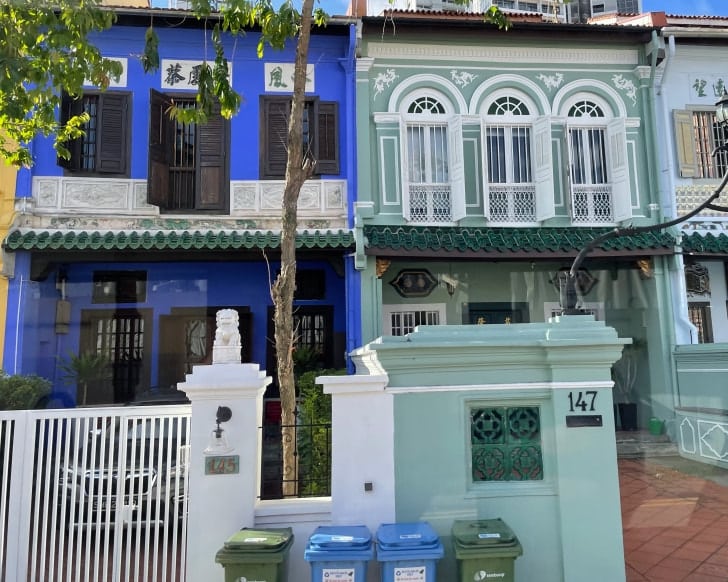
The NUS Baba House was donated by the Peranakan Museum and the Wee family, a prominent Peranakan family in Singapore. Photo: Khalil Adis.
Despite their affluence, I have been deeply moved by the humility and generosity of many ultra-high-net-worth individuals.
News of struggling youths or underprivileged families does not go unnoticed.
Sometimes, they would share poignant videos of students or families who had defied adversities.
Thus, philanthropy is deeply ingrained in their legacy planning.
Instead of high-profile donations, they are often made through private family foundations, endowments and scholarship programmes.
Their giving is strategic — designed not just to help but to empower.
From what I noticed, many ultra-wealthy families in Singapore fund educational scholarships for underprivileged students, ensuring that future generations have access to world-class opportunities.
Others sit on the boards of museums and cultural institutions, preserving Singapore’s rich history for the public while safeguarding their family’s legacy.
Beyond financial contributions, they also give their time—mentoring young entrepreneurs, supporting emerging artists, or championing causes close to their hearts.
For them, wealth is not just a privilege.
It is a responsibility.
Private banking and wealth management
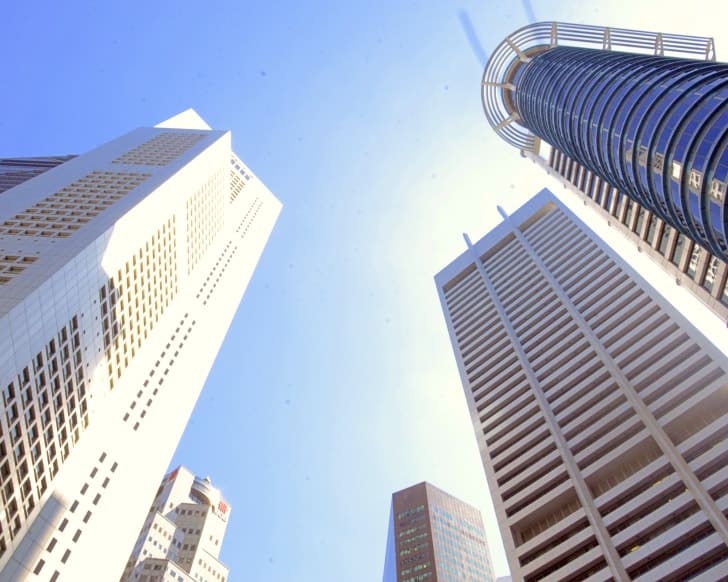
Singapore’s financial hub at Raffles Place CBD. Photo: Khalil Adis.
For the ultra-wealthy, privacy is paramount — even in banking.
Defined as those with a net worth of at least US$30 million, they rely on private banks to manage their wealth.
Unlike retail banking, where digital transactions leave trails, private banking thrives on confidentiality.
From establishing offshore trusts to family offices, financial institutions in Singapore offer bespoke services designed to preserve wealth for generations.
They include investments in art, real estate and alternative assets.
During the Singapore Grand Prix season, private banks often reserve exclusive tickets for their top clients.
It’s not uncommon to see ultra-high-net-worth individuals rubbing shoulders with their private bankers in front-row seats or celebrating in VIP lounges at events like F1 Rocks Singapore and Amber Lounge.
These gatherings offer more than just entertainment — they serve as high-powered networking opportunities where business, wealth management and legacy planning seamlessly converge.
Singapore’s wealth landscape
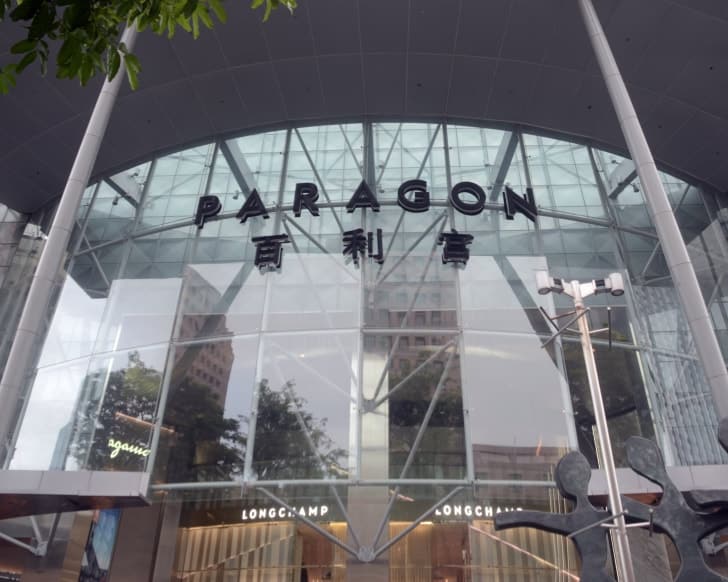
Paragon is a popular watering hole among the well-heeled. Photo: Khalil Adis.
According to Henley and Partners 2024 World’s Wealthiest Cities Report, Singapore has 244,800 resident millionaires, 336 centi-millionaires and 30 billionaires.
Additionally, according to Capgemini World Wealth Report 2024, Singapore’s number of family offices grew from 400 in 2020 to 2,000 in 2022.
For the ultra-wealthy, managing wealth isn’t just about growing it but about preserving it across generations.
While private banking ensures financial security, real estate is equally crucial in their legacy planning.
Why Singapore?
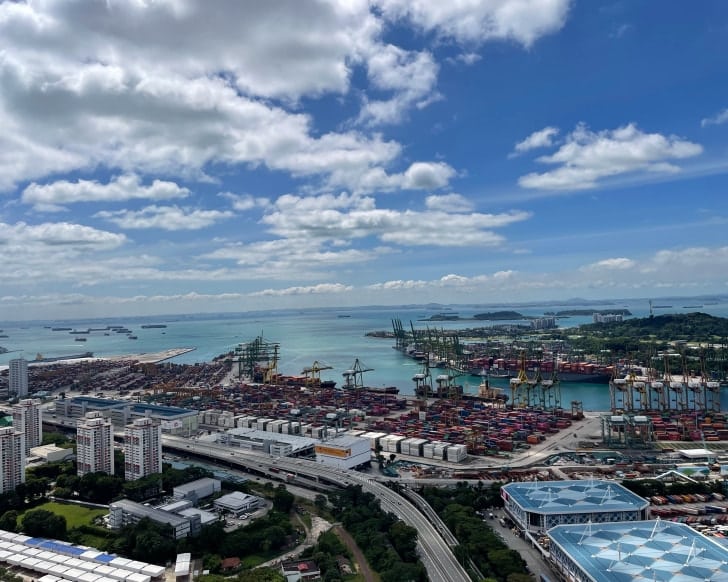
View of Singapore’s southern islands including Pulau Brani and Sentosa. Photo: Khalil Adis.
For the ultra-wealthy, location is everything — so why do so many choose Singapore?
Beyond political stability and governance, it is the city-state’s ability to blend modern efficiency with old-world discretion.
Here, wealth is managed quietly, luxury is enjoyed privately and opportunities are abundant for those who know where to look.
Real estate: Where and how they live
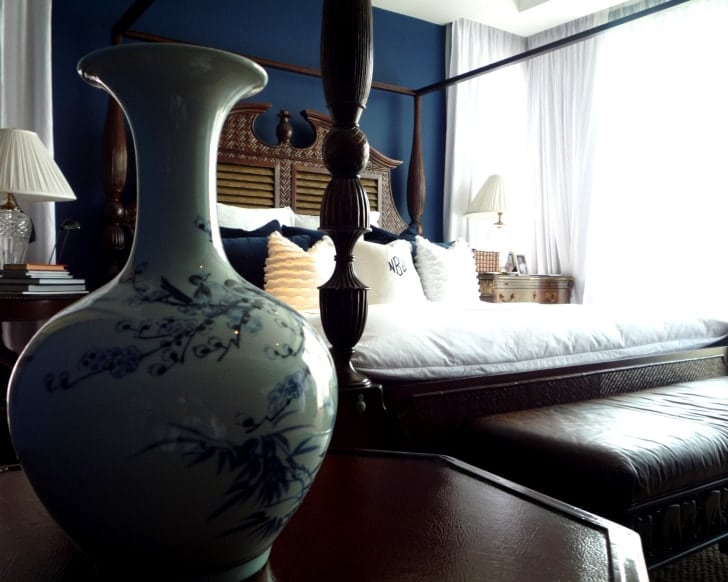
Inside a landed home in one of Singapore’s prestigious address. Photo: Khalil Adis.
Despite the global financial crisis in 2008 and COVID-19, our property market has consistently shown resilience, which has helped bolster confidence among buyers and investors.
Data from Jones Lang Lasalle concurred with this.
According to its Global Real Estate Transparency Index 2024 Rankings, Singapore ranks 13th.
The index is based on quantitative market data and survey results across 89 countries and 151 city markets.
They are grouped and weighted into six broad sub-indices: Performance Measurement (25 per cent), Market Fundamentals (16.5 per cent), Governance of Listed Vehicles (10 per cent), Regulatory and Legal (23.5 per cent), Transaction Process (15 per cent), and Sustainability (10 per cent).
When it comes to property types, when it comes to residential properties, many would gravitate towards high-end condominiums in the CBD and near Orchard Road or landed homes on Sentosa Cove or the Good Class Bungalow areas.
Some would invest in heritage shophouses in the Joo Chiat, Tanjong Pagar and Blair Plain conservation areas.
Others would look into commercial properties.
For example, a client had also invested in a Grade ‘A’ office space in the CBD area.
More often than not, they would also have other investment properties in London and even Bali.
Conclusion: The price of wealth
At the heart of extreme wealth lies a paradox — while it opens doors to the best that life can offer, it also narrows the circle of trust.
From what I have observed, true wealth isn’t measured by what you own but by what endures beyond your lifetime—your legacy, your values, and the trust you leave behind.
Those who understand this don’t just live well in a world where fortunes rise and fall.
They live wisely.
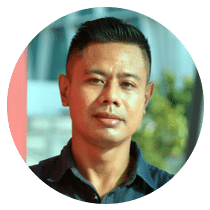
Khalil
Khalil is the former editor of Property Report and has written for PropertyGuru, iProperty.com, Yahoo! Singapore/Malaysia, The Malay Mail, Berita Harian, Real Estate Malaysia, Property Buyer and The Star, among others.
Renowned for his independent views and insights on the property market, Khalil is a highly sought-after speaker in Malaysia and Singapore. He has given talks at various expos and at property launches. He was also on the judging panel of the South East Asia Property Awards (Malaysia). He has written two bestselling books - Get It Right Iskandar and Property Buying for Gen Y.
🚀 Stay Ahead in the Property Market!
Be the first to receive exclusive updates, launch reviews, insider deals, and real-time alerts — directly on your preferred app.
👉 Join our community now:
🌐 Spread Knowledge. Share with Others.
Click any of the icons below to share this content with those who may benefit from it.


